An Introduction To The Philosophy of Panchadasi
An Introduction to the Philosophy of Panchadasi is an offer of ours that contains the philosophical thoughts of Panchadasi, delivered at the Christo-Theosophical Society at Bloomsbury Square on the 27th October 1896. Swami Vivekananda was present on the occasion and was highly pleased at the crown success of his beloved spiritual brother. It is the maiden speech of Swami Abhedananda before the learned Western audience. Below are quoted certain authentic records of this lecture from the Life of Swami Vivekananda (Vol. II). "One of the events which satisfied the Swami (Vivekananda) immensely, was the success of the maiden speech of the Swami Abhedananda, whom he had designated to speak in his stead at a club in Bloomsbury Square, on October 27. The new monk gave an excellent address on the general character spiritual fervour and possibilities of making a good speaker. A description of this occasion, written by Mr. Eric Hammond, reads. 'Some disappointment awaited those that had gathered that afternoon. It was announced that Swamiji did not intend to speak, and Swami Abhedananda would address them instead. 'An overwhelming joy was noticeable in the Swami (Vivekananda) in his scholar's success. joy compelled him to put at least some of itself into words that rang with delight unalloyed. It was the joy of a spiritual father over the achievement of a well-beloved son, a successful and brilliant student. The Master was more than content to have effaced himself in order that his Brother's opportunity should be altogether unhindered. The whole impression had in it a glowing beauty quite indescribable. It was as though the Master thought and knew his thought to be true: 'Even if I perish on this plane, my message will be sounded through these dear lips and the world will hear it. He (Vivekananda) remarked that this was the first appearance of his dear Brother and pupil, as an English-speaking lecturer before an English audience, and he pulsated with pure pleasure at the applause that followed the remark. His selflessness throughout the episode burnt itself into one's deepest memory." The present book is an attempt to throw light upon the Vidyaranya or Vivarana school of Advaita Vedanta. It is the first lecture of Swami Abhedananda before the Western audience and as such the method employed in it is not marked by that peculiar novelty which characterises his later lectures and addresses. Yet the fact is to be noticed that the maiden speech also exhibits remarkable lucidity of expression and directness of appeal. The philosophy of Panchadisi is a unique contribution to the domain of Indian thought. Swami Abhedananda's treatment of the subject is thoroughly subjective. He has revealed here the central idea of Panchadasi philosophy faithfully and thereby has sought to awaken an interest of the reader in it. His method is essentially logical rather than historical. The historical background has been furnished for the sake of reader's convenience. First of all we like to mention here the varying opinions with regard to time and historicity of Vidyaranya. It is quite clear that Muni Vidyaranya belongs to the Vivarana school of thought and he wrote many learned books on Vedanta, such as Vivarana-prameya-samgraha, Panchadasi Drikdrisya-viveka and others. But there is a dispute among scholars whether Vidyaranya was the self-same person as Sayana, the commentator of the Vedas, or they were totally two different persons. Dr. S. N. Dasgupta is of opinion that Vidyarana, the author of Panchadasi, and Sayana, the author of Sarvadarsana-samgraha are identically the same. He says in his A History of Indian Philosophy (Vol. II, P. 215): "Vidyaranya is reputed to be the same as Madhava, brother of Sayana, the great vedic commentator." Dr. Dasgupta accredited vidyaranya with the authorship of many more books on philosophy, such as, Vivaranaprameya-samgraha, Jivanmukti-viveka and others. He admits: "In addition to the Sarvadarsana-samgraha Madhava wrote three works on the Sankara Vedanta, viz. Vivaranaprameya-samgraha, and Panchadasi, and also Jivanmukti-viveka." (Cf. H. I. P., Vol. II, p. 214). Dr. Radhakrishnan is also inclined to indentify Vedyaranya with Madhava-Sayana and he says: "Vidyaranya (fourteen century), generally identified with Madhava, wrote Vivaranaprameya-samgraha as the gloss on Prakasatman's work. While his Panchadasi is classic of later Advaita, his Jivanmukti-viveka is also of considerable value" (Vide Indian Philosophy, vol. II, p. 551). Pandit Rajendranath Ghose (afterwards Swami Chidghanananda) also admits this view and mentions in his Bengali edition of Advaitasiddhi (Vol. I) That Vidyaranya was no other person than Madhavacharya who wrote not only the Panchadasi, Sarvadarsana-samgraha, and Vivaranaprameya-samgraha, but also Anubhutiprakasa, Jivanmukti-viveka, the glossary on Aparokshanubhuti and 108 Upanishads, the short commentary on Srautasamhita, Aitareya, Taittiriya and Chhandogya Upanishads. He wrote also Brihadaranyaka-vartikasara, Sankara-vijaya, Jaiminiyamala-vistara, Madhaviya-dhatu-ritti, Parasara-madhava and Kalamadhava, etc. But Dr. T. M. P. Mahadevan expresses his view with regard to it thus: "But Vidyaranya, was only 'an insignificant ascetic who presided over the Sringeri Matha from C. 1377 to 1386 A. D. The works that are definitely attributed to Vidyaranya are only the Panchadasi and the Vivaranaprameya-samgraha'" (Vide The Philosophy of Advaita, p. 2). As regards the time of Vidyaranya, Dr. Mahadevan says that Vidyaranya lived probably in the fourteenth century A. D. and he was the preceptor of Harihara I, the emperor of Vijayanagar and of Bukka. Swami Abhedananda mentions: "Madhava was at first the Prime Minister of the King Bukka of South India and he flourished some four hundred years after Sankaracharya. Afterwards he renounced his ministership, property, and worldly position and entered the order of Sannyasin." Mr. M. A. Doriswami Iyangar says in his article on the Madhava-Vidyaranya Theory (Cf. Indian Historical Quarterly, Vol. XII) that Vidyaranya was an insignificant ascetic and the president of the Sringeri Math. Mr. N. Venkataramanayya proves in his Vijayanagar, Origin of the City and the Empire (Ch. II, p. 49ff) that Madhava and Vidyaranya were not identical. Because 'the identity-theory seems to be more probable than the opposite theory' (Cf. The Philosophy of Advaita, p. 3). So he infers that Vidyaranya lived in the time of Harihara I, the king of Vijayanagar, and Harihara I was really the builder of Vijayanagar kingdom, the name of which was given after the name of Vidyaranya. But Mr. R. Rama Rao in his suggestive article on Vidyaranya and Madhavacharya (Cf. Indian Historical Quarterly,) (Vol. VI, p. 701) holds a quite different view. He says that 'King Bukka I is referred to as the reign of Harihara II (1377-1404)'. But Dr. Mahadevan contends 'The evidence of the copper-plate grant is corroborated by a few incriptions of the Tulava period which declare that the city of Vidyanagara was built by King Harihara I and named Vidyanagara in the name of Vidyaranya Sripada. Two inscriptions dated respectively 1538 and 1559 A. D. state that Harihara Raya built Vidyanagara in the name of Vidyaranya' (Vide The Philosophy of Advaita, p. 4)
Get it now and save 10%
BECOME A MEMBER

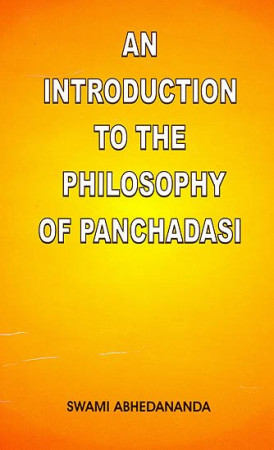

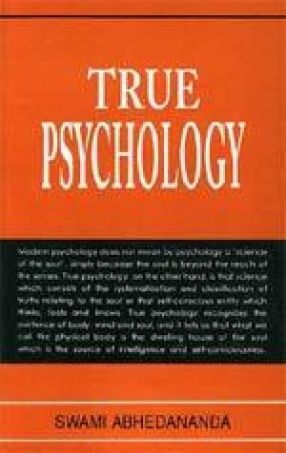
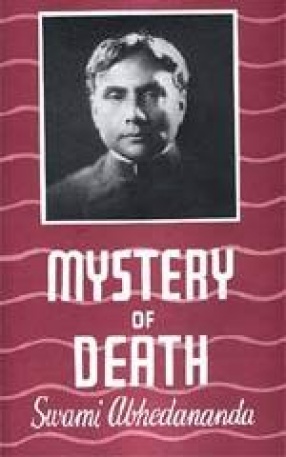
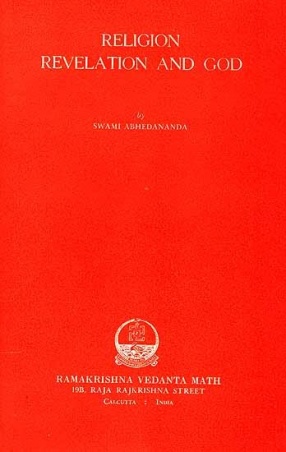

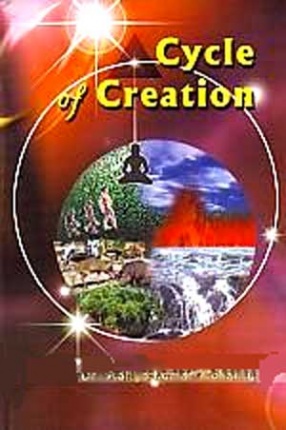
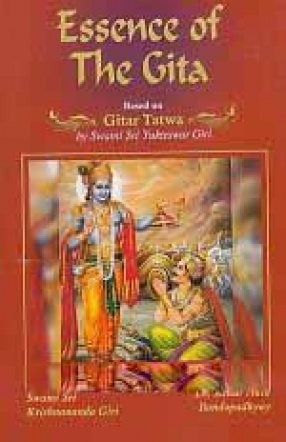

Bibliographic information